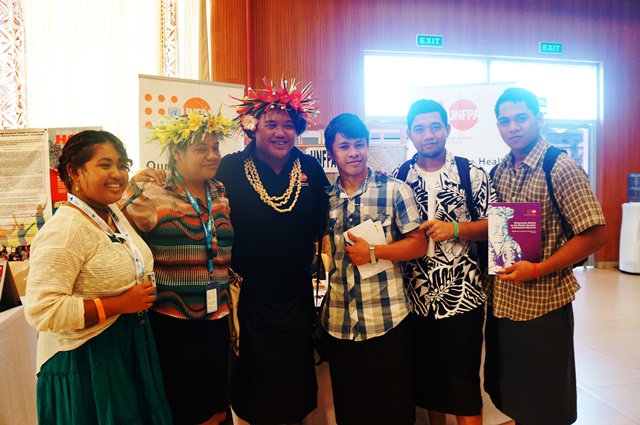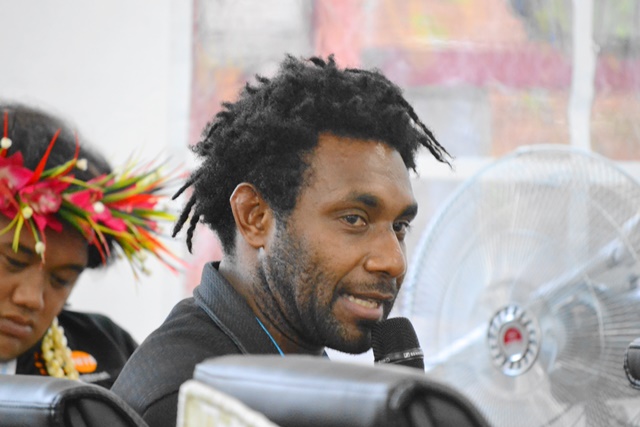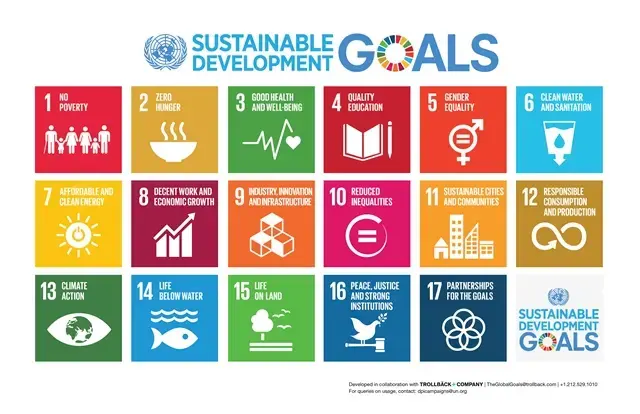Apia, Samoa (September 3) - The sustainability of social and economic development benefits, in whatever sector they may be, will be highly dependent on how much investment is made in those who will be responsible for its success: today's youth.
With an expected population increase of 8 billion by 2025 and 9.6 billion by 2050, investing in a young person's capacity to be adequately prepared for issues like food security as the burden on natural resources increases, will be critical.
A panel discussion on how Investing in Youth Pays Dividends at the 3rd International Conference on Small Islands Developing States (SIDS) in Samoa underlined the "power of the people" - to find sustainable solutions, to move from crisis to recovery, to support each other and uphold human rights, and the power of the people to be entrepreneurs and agents of change, to drive green and inclusive economic growth and benefits that are widely shared across society.

Another recurring theme the panelists alluded to was the additional burden on governments to now provide education and employment for the increasingly large cohort of persons less than 25 years.
Nearly half of most less developed regions are under the age of 25; in fact, the number of children and young people in less developed region is at an all-time high. In the less developed countries, the situation is even more pressing with six in 10 people being under 25 years.
"I give you these numbers because population data is a fundamental first step in development. Without data, you cannot have an authentic or reliable starting point to plan ahead; population and development is about people and investments that need to be made," Director and Representative of the Caribbean Sub-Regional Office Sheila Roseau said.
"Behind the figures are stories of survival, of making ends meet, seeking increasingly elusive employment opportunities of a girl who still cannot take an education for granted, of a teenage girl who becomes pregnant by chance and not by choice, and of a woman who will not inherit her husband's land when he dies."
Ms Roseau said the full realization of the potential in individuals, particularly when considering young people and their role in sustainable solutions for socio-economic issues developing island states were grappling with, increased investment was required.
"Adolescent pregnancies, sexual abuse and violence, sexual transmitted infections and a lack of comprehensive sexuality education continue to remain major concerns. And the impact, both immediate and long-term take a heavy toll on the young people themselves especially girls and bring high costs to families, communities and countries," she said.
"We know that social investments in human capital must be matched with appropriate economic policies and investment to create jobs for young people. To unleash the power of young people, we need to work together, the United Nations, governments, the private sector and civil society - to create the future we want."
Panelist and Guyana Minister for Foreign Affairs, Carolyn Rodrigues-Birkett said when half the populations of small island developing countries in the Pacific and in the Caribbean were below 25 years, it was inevitable that "any issue is a youth issue" and as such, youth issues should be mainstreamed into national responses.
Minister Rodrigues-Birkett underlined the importance of ensuring youth were adequately prepared for world citizenship and suggested that with significantly smaller economic bases, small developing states should consider diversification into the knowledge economy.
"I think as leaders we have to involve youth more in our planning for policies and programmes. And I would like to see more young people in politics because I believe that that's the place where you can influence change. The marriage of youth and older people is a good one in politics and with that we can make major changes including policies that would look at employment of our young people."
Panelist and Tonga Member of Parliament in Tonga Sunia Fili reiterated Tonga's commitment to continuing its collaboration with the United Nations Population Fund through the country's Parliamentary Select Committee on Population and Development.
Panelist and Bahamans Youth Advocate Crystal Alexander reminded those in attendance of research findings that underlined the need to continue supporting and investing in sexual and reproductive health and rights-related work, particularly voluntary family planning.
"Over 60 per cent of the 6 million people in Caribbean are under the age of 30: young people are therefore the present and the future of the Caribbean and various regions, and these regions should consider these young people viable resources," she said.




